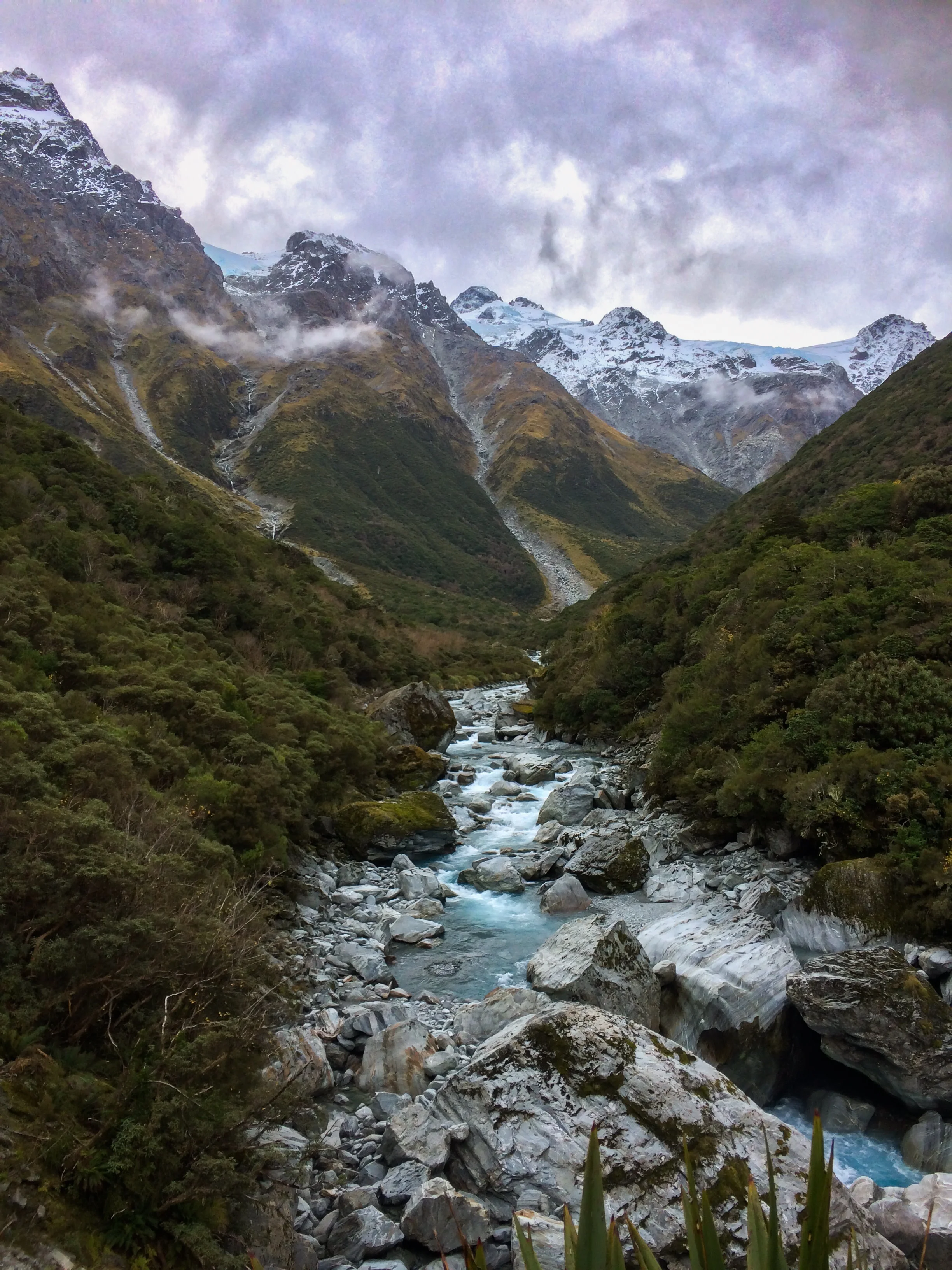We are looking forward to progressing our research and development programme of work in the Perth River valley, South Westland, after receiving permission from the Department of Conservation on Monday 18 February to undertake a predator removal operation that seeks to completely remove possums and, potentially, rats, from approximately 12,000 hectares of rugged back-country.
This is the same operation that we had originally planned to carry out during winter 2018, that we were forced to delay as a result of poor weather.
The ZIP team is pleased to be granted this opportunity to continue our work to develop the tools and knowledge required to completely remove possums, rats and stoats from the New Zealand mainland.
With the support of DOC, we will continue to engage with Te Runanga o Makaawhio, Te Runanga o Ngai Tahu, local people and recreational users of the valley (particularly hunters, climbers and trampers) to update them about the work, and seek their advice and feedback. The high level of interest and support for the work – and anticipation of the results – are very encouraging.
Predator removal operations that use 1080 are known to benefit kea populations, but these operations can kill individual kea if they choose to eat toxic bait. Based on the results of trials that ZIP has undertaken over the past 6 months, two measures will be implemented from late February 2019 to minimise this potential risk:
Apply non-toxic bait containing a bird repellent because our trials demonstrated that after experiencing the ill effects of consuming bait containing the repellent, kea quickly learn to avoid all cereal baits (even those that do not contain the repellent).
Provide tahr carcasses as an alternative food source and to attract kea to sites where non-toxic baits containing bird repellent will be provided. Our trials demonstrated that even a single carcass is capable of drawing sizeable groups of kea to a site – and that a tahr carcass typically lasts no longer than 7 days before being completely stripped of meat by kea!
Kea, whio and rock wren – all nationally threatened species - will be monitored through the operation.
ZIP is continuing to support the Game Animal Council, who are leading a project in association with New Zealand Deerstalkers Association, Professional Hunting Guides Association, and DOC, to assess whether the operation has an impact on tahr.
Following the operation, ZIP aims to demonstrate that the area can be maintained as a predator-free site, by preventing re-establishment using a network of detection devices and traps and, if necessary, the targeted use of toxic bait.
We will continue to provide regular updates about and descriptions of the findings from this programme of work on our website.
This programme of research and development is supported by the NEXT Foundation, Department of Conservation (DOC) and Predator Free 2050 Limited.

